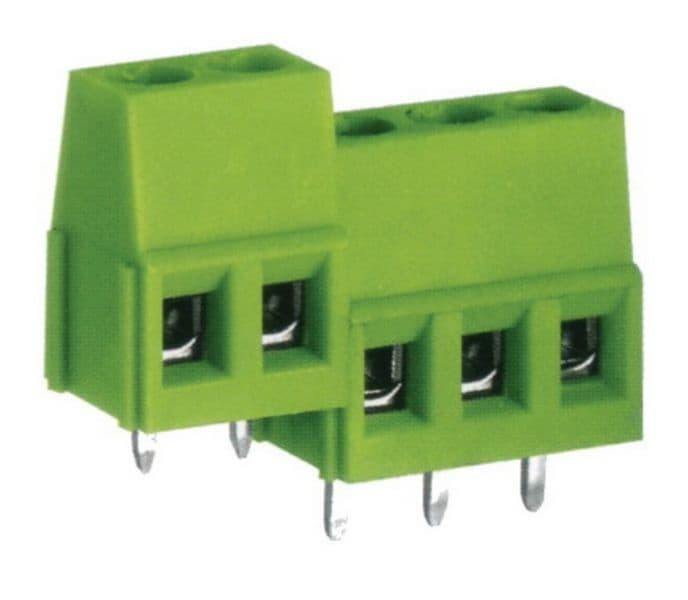Matt_D_
Well-Known Member
I cant be the only person who's been thinking about how to connect electronics and pickups without the use of a soldering iron.
I've been thinking lately about either using RJ11 cables, or those jumper type connectors you find on hard drivers. just *something* so i dont have to resolder everything every time i swap pickups.
I've seen the solderless kits from other people, but they all seem to assume that you want to wire things up in a particular way, what i'd rather do, is have the wiring as-is in my guitars, but be able to swap in and out different pickups. rather than change the wiring layout each time.
So, anyone got any ideas? would anyone else be interested in this kind of thing?
I've been thinking lately about either using RJ11 cables, or those jumper type connectors you find on hard drivers. just *something* so i dont have to resolder everything every time i swap pickups.
I've seen the solderless kits from other people, but they all seem to assume that you want to wire things up in a particular way, what i'd rather do, is have the wiring as-is in my guitars, but be able to swap in and out different pickups. rather than change the wiring layout each time.
So, anyone got any ideas? would anyone else be interested in this kind of thing?




